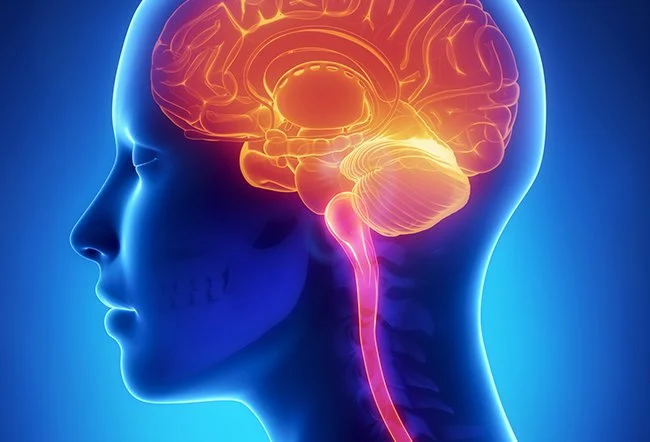Need support? Drop us an email

MS is a neurological condition and is the result of damage to myelin, which protects the nerve fibres of the central nervous system. Symptoms can include fatigue, depression, cognitive problems, loss of sight and mobility.
Exactly what causes MS is unclear. Most experts think a combination of genetic and environmental factors is involved
Typically MS involves a series of relapses and prognosis is unpredictable, although a small proportion of people with MS (15%) have a steady progression of disability.
Some people with MS can develop complex patterns of disability affecting physical and social function.
Problems with mobility, balance, fatigue and spasticity are common.
Physiotherapists provide specific rehabilitation programs, facilitate self management and coordinate care.

Physiotherapy Intervention
There is a strong body of evidence demonstrating that exercise used as part of a rehabilitation programme can increase activity and improve the health and well-being of people with MS.
Physiotherapy intervention and advice early after diagnosis can reduce disability, maximise potential for independence, improve employment sustainability and reduce the impact that the disease has on health and quality of life factors.
There is a strong body of evidence demonstrating that exercise used as part of a rehabilitation programme can increase activity and improve the health and well-being of people with MS. In addition there is an emerging body of evidence to say that physiotherapists, as part of a specialist neurorehabilitative service, have a key role in managing specific symptoms of MS including pain, spasticity and the prevention of secondary complications such as contracture. Results from randomised controlled clinical trials of exercise programmes in MS have demonstrated benefits in muscle strength , cardiovascular fitness, aerobic thresholds and activity levels and functional. improvements, such as walking ability. Exercise is generally highly valued by patients who report improvements in mood and quality of life.
Need support? Drop us an email
We are open on
Copyright © 2022 Craniaa Neuro Rehab Centre
Designed & Developed by AdMedia Technologies